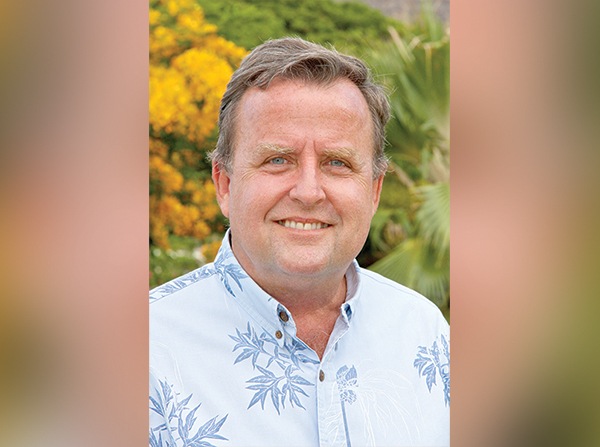It is unfortunate that the new management of Syngenta would choose to make accusations and call me out in our local newspaper rather than meet with me personally to discuss issues and differences he might have. I traveled to the other side of the world to speak directly to his board of directors. He could have at least driven to Lihue to meet with me.
It is also unfortunate that he chooses to frame this community discussion as one between locals and people from the Mainland.
Neither of these actions help our community move forward in coming to a common understanding of the facts and reaching a resolution that recognizes and deals appropriately with the health and environmental impacts this industry has on our island.
So long as the agrochemical companies remain in denial and attack mode, we will get nowhere.
Many point to the importance of fact-based decision making so here are some facts:
1) Atrazine is banned in Syngenta’s home country of Switzerland. One can quibble with the words but it is illegal to use atrazine on agricultural fields in Switzerland. Atrazine is banned because it is known to contaminate ground water.
2) Paraquat is banned in Syngenta’s home country of Switzerland and in 36 countries around the world. Paraquat is highly toxic to animals and humans.
3) Syngenta distributes and uses atrazine and paraquat on Kauai and throughout Hawaii.
4) In 2014, over 66,000 pounds of atrazine and nearly 8,000 gallons of paraquat was used in Hawaii.
5) Syngenta refuses to disclose the amount of glyphosate it uses on Kauai.
6) According to Scientific American Magazine and numerous other science journals, glyphosate was recently declared a probable human carcinogen by the cancer research arm of the World Health Organization.
7) Glyphosate is now is being banned or highly restricted in numerous countries around the world.
For those that are interested, I suggest reading the Feb. 23, New York Times article by Dan Hakim entitled, “A Pesticide Banned, or Not…” This article fully explores Syngenta’s history of misrepresenting to the media worldwide the fact that atrazine is banned in Switzerland, their home country.
At the invitation of a Swiss NGO concerned about labor and environmental issues resulting from Syngenta’s conduct in the global market place, myself and a small contingent of Kauai residents recently traveled to Basel, Switzerland, the hometown of Syngenta.
While there we spoke to numerous citizens, community leaders, elected government officials and to the shareholders and board of Syngenta. Interestingly, no one in Switzerland denies that atrazine and paraquat are both banned in that country. Many were appalled to find out Syngenta was using chemicals on Kauai fields that were banned in their home country.
Our message to Syngenta while in Switzerland was clear and unambiguous. We asked them to withdraw from their lawsuit against Kauai County, to honor and follow our laws as passed by our local government, and to give our community the same respect and protections afforded to the people in their home country of Switzerland, and not use chemicals in our community that are banned in their own.
We felt that this was a reasonable request to ask of our good neighbors.
For more information and links to source documents visit https://garyhooser.wordpress.com/
•••
Gary Hooser, Kauai County Councilman, writing as an individual





